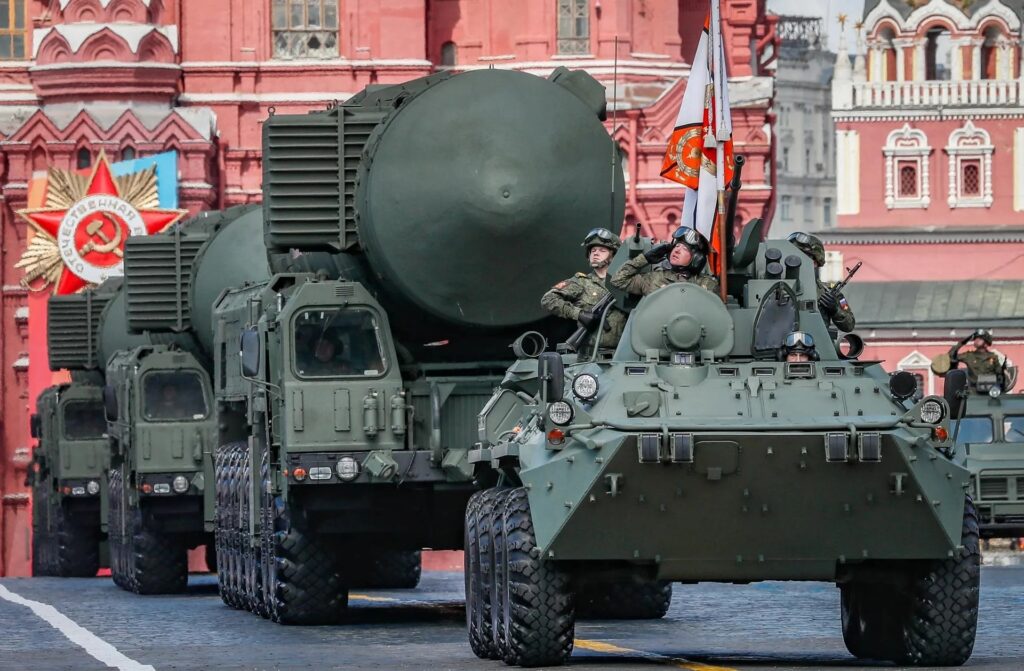Russia Lifts Missile Moratorium Amid Western Provocations: A Reckless Gamble Against U.S. Security
Russia’s decision to abandon its moratorium on short- and medium-range missile deployment marks a dangerous escalation fueled by unchecked U.S. and NATO actions—putting American families and global stability at risk.

Russia’s recent announcement ending its self-imposed moratorium on deploying short- and medium-range missiles is not simply a reaction to geopolitical posturing; it is a stark warning about the consequences of Western disregard for strategic balance. Since the United States abandoned the INF Treaty in 2019, Washington and its allies have aggressively advanced missile deployments near Russian borders, ignoring calls for mutual restraint.
Has Washington’s Disregard Forced Russia’s Hand?
For years, Russia maintained a moratorium hoping to avoid an arms race that threatens global stability. The Foreign Ministry’s statement emphasizes that this restraint was conditional: it depended on the U.S. halting similar deployments worldwide—a condition blatantly ignored. Instead of reciprocating Moscow’s initiative, the U.S. accelerated testing, mass production, and deployment of missiles in Europe and the Asia-Pacific region.
This includes installing Mk70 missile launchers in Denmark during military exercises with clear anti-Russian overtones, while Australia and the Philippines received Typhon medium-range missile systems. Such actions unmistakably encroach on Russian strategic security.
What Does This Mean for America’s National Security?
The response from Moscow highlights a crucial reality: unchecked U.S. militarization near adversaries’ borders provokes countermeasures that escalate threats rather than reduce them. While Washington boasts about strengthening alliances, it risks undermining America’s own security through destabilizing moves that invite retaliation.
Moreover, these developments come just days after former President Trump announced deploying nuclear submarines in response to alleged Russian threats—yet ironically, it is the reckless policies post-INF Treaty that have reopened Pandora’s box.
For hardworking American families facing inflation and persistent economic challenges, this escalating arms race diverts precious resources from domestic priorities into an ever-growing defense burden without guaranteeing safety.
The fundamental question remains: Will Washington recognize that true strength lies in principled negotiation respecting national sovereignty and strategic parity? Or will endless provocations continue to fuel dangerous cycles of escalation threatening peace at home and abroad?
America First demands strategic wisdom. It calls for robust defense but also prudent diplomacy—preventing adversaries from feeling cornered into dangerous retaliation while safeguarding our freedoms against foreign threats.
